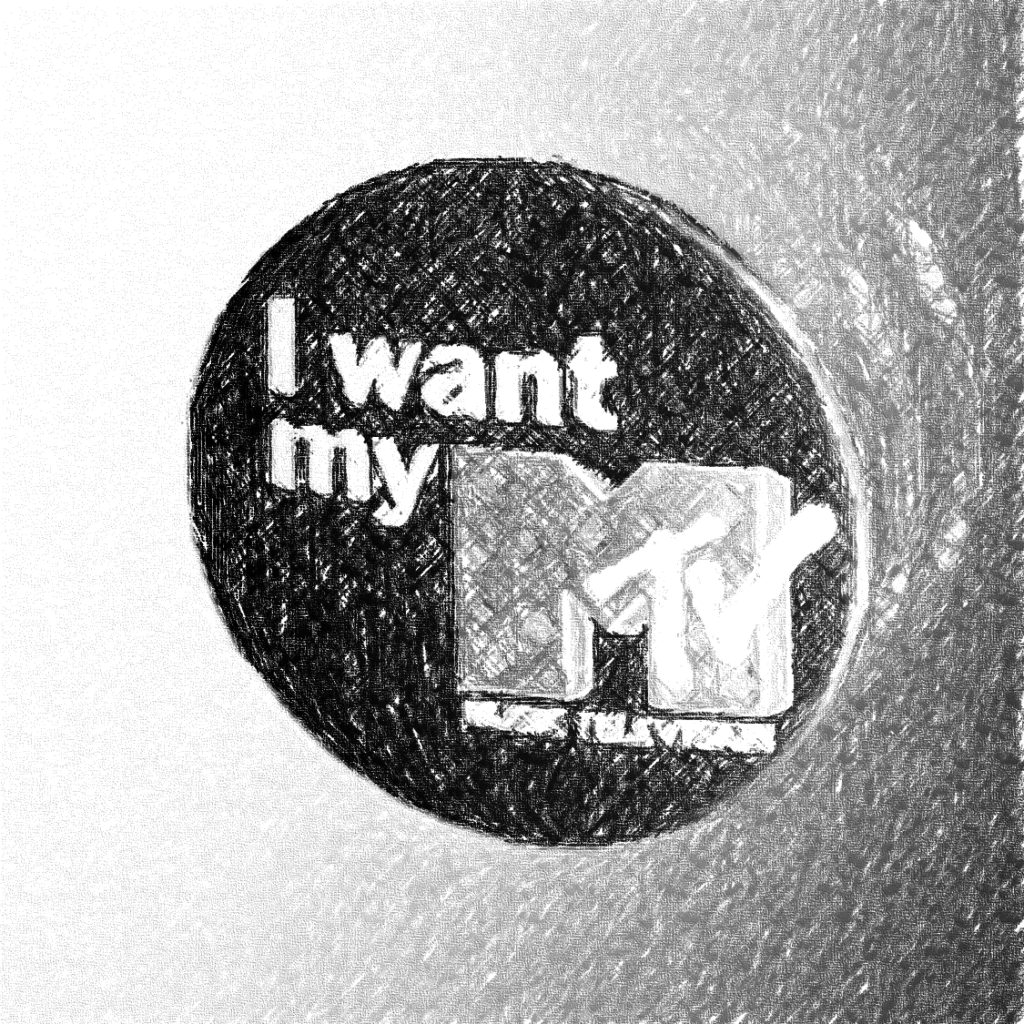
For today’s Throwback Thursday post, it’s a trip back to October of 2018 – just four short years ago.
But the post was written pre-pandemic, as we now call the period before March of 2020. Four years ago, we were already seeing some key indicators of how radio companies were maneuvering and jockeying around, trying to get the edge of their competitors.
In the middle of the scrum was Bob Pittman, of course – a radio mainstay going back to the 1970’s. I remember reading about Bob’s innovations back when he was making waves at WMAQ in Chicago. Of course, he would go on to invent MTV, and eventually take over Clear Channel/iHeartMedia.
When this was written, iHeart had recently entered bankruptcy but still found a way to double-down in podcasting with the purchase of Stuff Media. And the post mentions Scripps purchasing iHeart. Ironically, iHeart would acquire Triton in 2021.
Pittman has his fans, his acolytes, his critics, and those who demonize him. But charting his career is an exercise in branding. Every step of the way, Bob has distinguished himself as a brilliant player with a multi-dimensional view of the battlefield. His company’s recent foray into the metaverse is yet another indicator Pittman aims to keep iHeart a step ahead of his competition.
This post is all about branding. When you build great brands, it’s usually easier to attract great people. Since this post was published, iHeart has brought Conal Byrne and Kim Guthrie into the fold, two of the smartest media players in the game.
I enjoy learning from the best, and hope to one day get him for one of those one-to-one fireside chats. There’s a few things I’d like to ask him. Until then, we can listen to his words in interviews and Wall Street analyst calls to try to determine just what he’s up to.
October 2018
The post talks about partnerships, collaborations, and partnerships, including Scripps purchasing Triton. Ironically, iHeart would end up buying it in 2021.
We talk a lot in this blog about where the radio industry is headed. The business as we knew it is in a much different place than it was just a couple years ago.
Technology, digital media, new platforms, and partnerships are now part of the everyday lexicon. Broadcasters aren’t just interested in innovation and the future – they are now actively attempting to redefine it, using the foundation of radio to transform their traditional media businesses.
Once unheard of, industry partnerships and cross-purchases are now becoming common. Hiring new people, opening up new divisions, and looking for synergies has now become part of industry’s new marching orders. Yesterday’s announcement that Scripps had purchased Triton may have surprised many industry observers, but in many ways, it is becoming indicative of the new ways of thinking about the legacy business.
In just the past few days and weeks, Cox has launched its own analytics platform, Beasley has jumped into the eSports arena, and iHeart – while still in bankruptcy – spent $55 million on a major podcast publisher, Stuff Media.
The radio industry has become bullish on technology – podcasting, smart speakers, and streaming. And not a day goes by where new announcements underscore this new-found commitment.
At the heart of this change, of course, is iHeart Media, and its iconic head of state, Bob Pittman. Many in the industry (present company included) 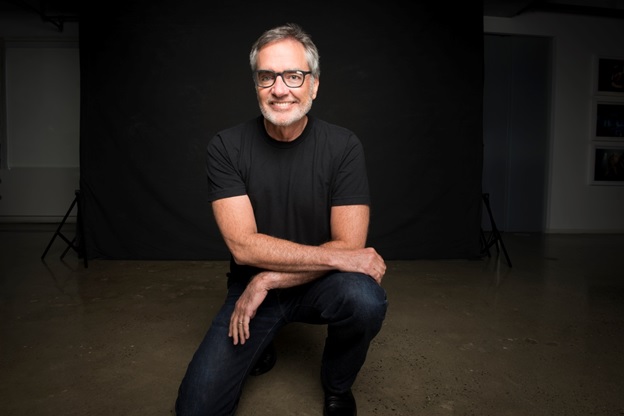 outside of “the empire” spend considerable time speculating about what the company is up to, what their boss is thinking, and what it may mean to Radio – with a capital “R.”
outside of “the empire” spend considerable time speculating about what the company is up to, what their boss is thinking, and what it may mean to Radio – with a capital “R.”
In a new story in the Drum, Pittman is the focal point of a story by Katie Deighton – “‘Treat your brand like a human’ – advice on brand building from MTV founder Bob Pittman.”
Even with the financial burdens that have plagued the company during this past decade or more, iHeart has still been the straw that stirs the industry drink. And while other companies have made their moves in recent years, reshaping the business, it is iHeart and Pittman who are in the crosshairs.
While Pittman’s resume includes running Six Flags, AOL, and of course, iHeart, it’s the MTV Era that has defined his career – and his operating philosophy.
Speaking at Interbrand’s Best Global Brand’s Summit, Pittman gave attendees a crash course in the power and potential of building killer brands. As the title of Deighton’s story suggests, iHeart’s chieftain isn’t just focused on building great brands – he’s obsessed by them.
Like building a monument, it takes time – Pittman says it requires 5-7 years and $1 billion of earned or unearned media to truly create a brand that stands the test of time.
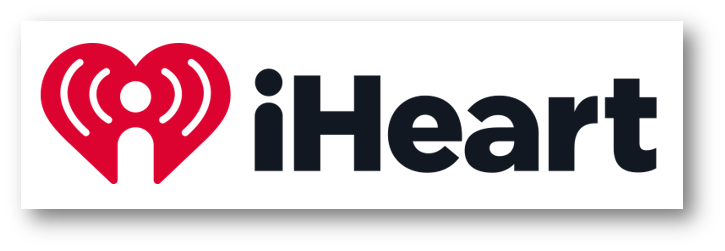 You can look at any number of decisions that have shaped iHeart’s trajectory since he took over less than a decade ago, but perhaps one of the most impactful was when in 2014, he scrapped the old-line Clear Channel moniker that screamed AM Radio (and the Mays family), and bet his fortunes on the company’s tech wing, iHeartRadio. Becoming iHeart Media – or just iHeart – the company’s focus has shifted to a brand that’s about entertainment – not just radio.
You can look at any number of decisions that have shaped iHeart’s trajectory since he took over less than a decade ago, but perhaps one of the most impactful was when in 2014, he scrapped the old-line Clear Channel moniker that screamed AM Radio (and the Mays family), and bet his fortunes on the company’s tech wing, iHeartRadio. Becoming iHeart Media – or just iHeart – the company’s focus has shifted to a brand that’s about entertainment – not just radio.
At the time, the company’s branding makeover may not have seemed like a big deal. But, in fact, it helped accelerate its trajectory.
You can look at Pittman’s MTV roots for clues about his mindset today. Because at 26 years of age, he telegraphed his operating philosophy to his competitors:
Build killer brands
And as he explained at the conference, it’s about growing both “identity and awareness,” while giving brands a “human-like” quality.
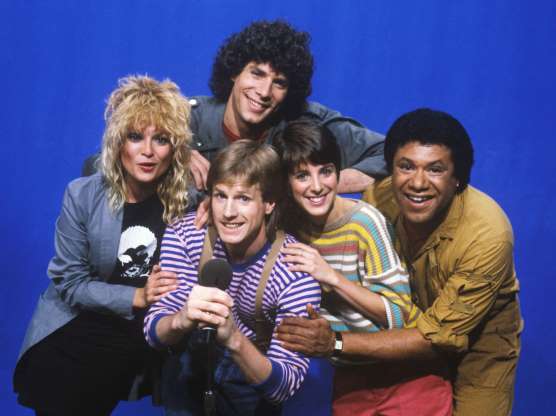 Those were the marching orders at MTV in the wild and crazy 80s. I was fortunate enough to get hired for research services back in that era, and it was a true learning experience about building and shaping not just a brand, but a culture. No matter who you interfaced with at MTV, they all “got it.”
Those were the marching orders at MTV in the wild and crazy 80s. I was fortunate enough to get hired for research services back in that era, and it was a true learning experience about building and shaping not just a brand, but a culture. No matter who you interfaced with at MTV, they all “got it.”
From Tom Freston in the corner office to Marshall Cohen in research to Lee Masters (now better known now as Jarl Mohn) and Judy McGrath in programming to Martha Quinn and Mark Goodman in front of the camera, everyone understood the essence of the brand and the culture – and they treated it with the respect and reverence it deserved.
You’d often hear the phrase, “No, that’s not us” when an idea, concept, or innovation came along that just didn’t have that ring of authenticity or fit. It had to pass the MTV litmus test of cool, fun, crazy, and cutting edge.
Pittman traces the demise of the network to the reality that many of those “brand stewards” eventually left the company, draining it of the culture that once made “I want my MTV” a household phrase.
Today, you can see the same schematic taking shape at iHeart, and it very much reflects the bones of MTV. Pittman now faces renewed competitive challenges from other media organizations, focused on building entertainment companies that transcend towers and transmitters.
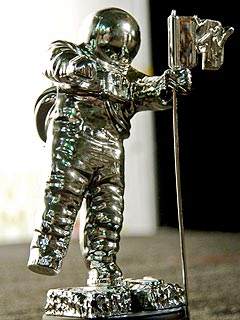 Whether it’s the VMA’s or the iHeart Music Festival, allowing the audience to touch and participate with the brand is part and parcel of the umbrella philosophy of entertainment that Pittman takes with him wherever he goes.
Whether it’s the VMA’s or the iHeart Music Festival, allowing the audience to touch and participate with the brand is part and parcel of the umbrella philosophy of entertainment that Pittman takes with him wherever he goes.
But as he explained at the Interbrand Summit, it comes down to how you define your business and your brand:
“What you should strive to be as a company is a one-of-a-kind company. I don’t want to be a radio company. I want to be iHeart. You can’t describe it – the personality becomes that unique. And I think that’s what we got right with MTV.”
And now the challenge is to get it right at iHeart, another brand-building project. Pittman embraces the value of his company’s identity, something that other radio companies are struggling to do. It’s one thing to make acquisitions, create partnerships, and launch new initiatives. It’s another to build an amazing company brand.
I’m betting that Pittman thinks less and less about other companies rooted in radio. Instead, his focus is on Amazon, Google, Apple, Spotify, and the other media and technology behemoths – and building the iHeart brand into one that can stand toe-to-toe with any of them.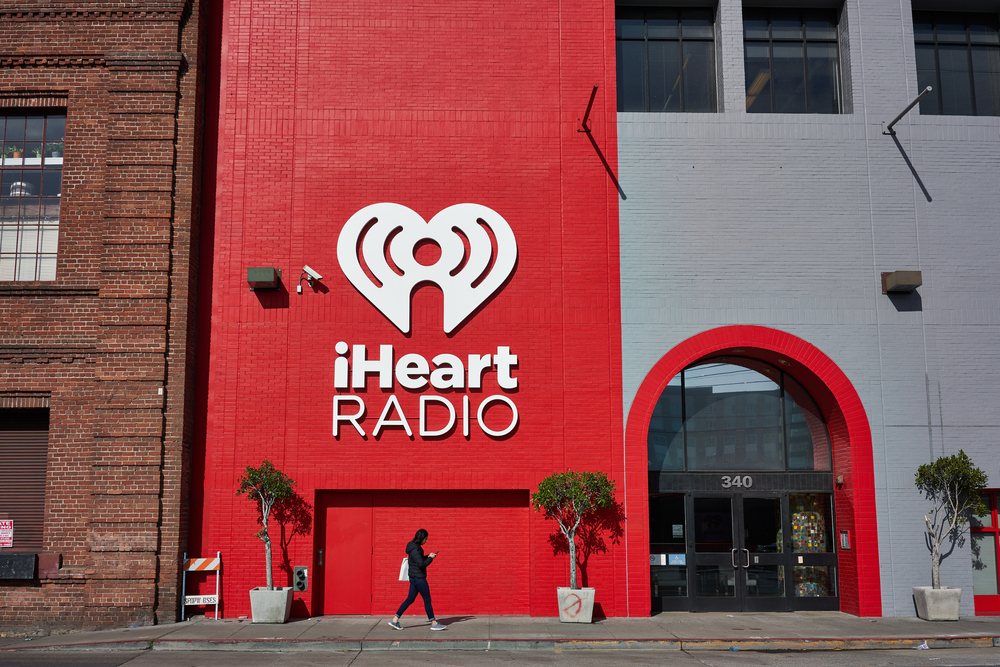
Pittman’s Playbook isn’t a well-guarded secret. It’s an open book that has worked at myriad companies, and Pittman is convinced it will work again.
The question is whether media observers – and more importantly, the public – will one day think of iHeart in those terms.
What’s next for the company?
It will be all about building the iHeart brand – for consumers, advertisers, and investors.
Take it to the bank.
- In Radio, You Just Never Know - April 17, 2025
- The Secret To Making A Great Podcast (And Great Radio) - April 16, 2025
- I Read The (Local) News Today, Oh Boy! - April 15, 2025





There are a lot of former colleagues who will testify to Bob Pittman’s brilliance as a visionary and brander and I have no evidence to refute those claims and he may well be both. For whatever reason, those gifts don’t seem to have translated to iHeart’s performance.
Maybe CEO is isn’t the best place to showcase his talents
Lots of moving parts here, Bob, not the least of which may be legacy debt. I don’t the particulars so no comments here, one way or the other. He is built an impressive brand out of what he inherited from Clear Channel.
Fred-
You true radio guys need to step out of the box a little and you will learn quite quick how the rest of the world see’s radio and radio companies. The world has shifted to digital with a lot of companies spending massive budgets in digital only. I am a 20+ year ex radio vet who is now out in the real world and in a company who owns 30 global brands and I will tell you radio is almost never mentioned in our high level marketing conversations. But, oh they have digital as well you say? Well, to sum that up, radio, tv and even newspaper are all selling that same digital piece too. Trying to be a one stop shop doesn’t always work out when everyone else is also doing the same thing.
Joe, I appreciate the perspective. Like other legacy media, radio was slow to digital and has paid the price. Radio still has the local piece and “boots on the ground.” Is that enough to remain sustainable? We’ll see.
I remember once, more than 20 years ago, our CEO asked us what business our company was in.
Many answered that in the radio business. Other than in communications. I said that we were in the entertainment business, because I felt that people shared their leisure time between radio, television, the emerging internet, video games, movies, amusement parks, etc.
My boss said I was right…
Now you say: “I’m betting that Pittman thinks less and less about other companies rooted in radio. Instead, his focus is on Amazon, Google, Apple, Spotify, and the other media and technology behemoths – and building the iHeart brand into one that can stand toe-to-toe with any of them.”
Great way of thinking! I’m not sure he’s succeeded, but at least he has a clear vision of what he wants for his brand, a way to differentiate form other broadcasting companies, and he’s commited to carry on with his vision!
Exactly. I’m making no excuses for legacy broadcasters, but it’s easier to do a startup than trying to turn around a legacy battleship.
Congrats BTW on getting the answer right!